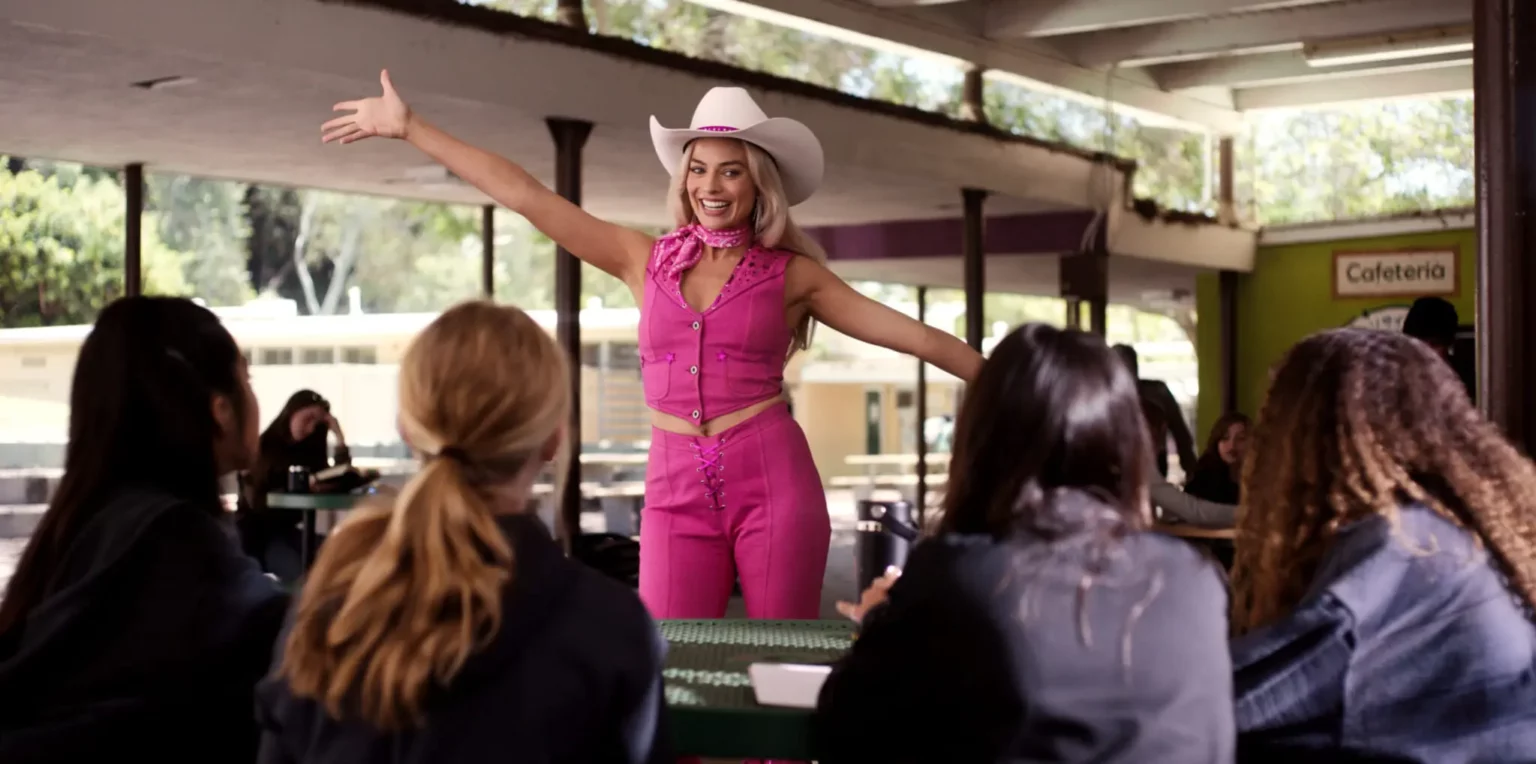The highly anticipated movie “Barbie,” featuring Margot Robbie in the titular role, finally graced the big screens in Japan on Friday. While fans eagerly anticipated the release, the film’s premiere was accompanied by an unexpected twist involving a series of controversial memes that connected the doll-themed movie with the historical context of the atomic bomb. The ensuing uproar prompted the film’s distributor to issue a pre-release apology.
As the movie hit theaters, enthusiastic audiences flocked to catch the Hollywood blockbuster. The premiere aligned with a national holiday, marking the start of Japan’s extended summer holiday week. In Tokyo, moviegoers were quick to share their excitement, with many describing the film as “amazing.”
However, the release of “Barbie” also brought along an unintended wave of turmoil. Memes circulated that paired the film with the term “Barbenheimer,” a coupling that stirred discomfort and controversy due to its association with the atomic bomb. The timing was particularly sensitive, given that Japan had recently observed the solemn memorials commemorating the U.S. atomic bombings in Hiroshima and Nagasaki, marking the 78th anniversary of those tragic events.
Adding another layer of complexity, “Barbie” shared its release weekend with “Oppenheimer,” a biopic chronicling the creation of the atomic bomb during World War Two. This conjunction appeared to intensify the controversy.
The situation escalated when Warner Bros’ marketing account for “Barbie,” previously active on the platform X (formerly known as Twitter), engaged with fan-generated memes that juxtaposed Margot Robbie with “Oppenheimer” actor Cillian Murphy alongside images of nuclear detonations. Although these posts have been deleted, they ignited a flurry of backlash and public outrage.
In response, a Change.org petition emerged on August 1, demanding that Warner Bros and Universal Pictures discontinue the use of the #Barbenheimer hashtag on social media. With around 22,600 signatures gathered so far, the petition illustrates the depth of public concern surrounding the issue.
As tensions mounted, the hashtag #NoBarbenheimer trended in Japan, prompting the Japanese division of the distributor to publicly express criticism towards its American parent company. Subsequently, Warner Bros issued an apology last week, acknowledging the impact of their actions and addressing the public’s grievances.
The controversy surrounding the “Barbie” film’s release highlights the complexities of cultural sensitivity and historical awareness in the entertainment industry. As the movie continues its theatrical run in Japan and around the world, discussions about responsible marketing and the intersection of art and historical context persist.




